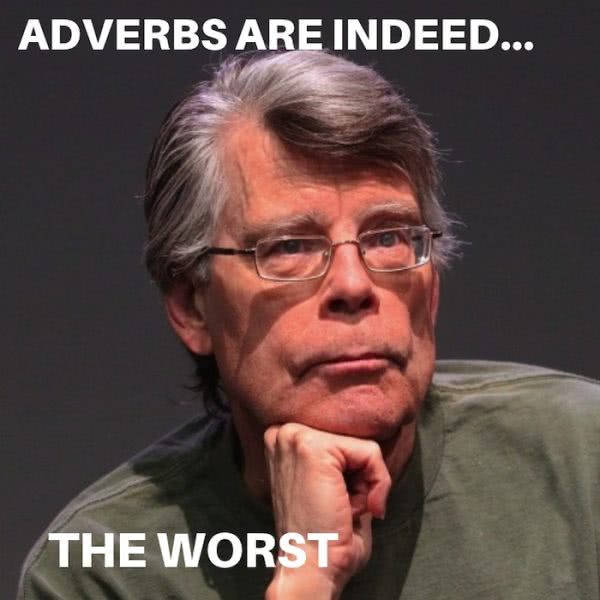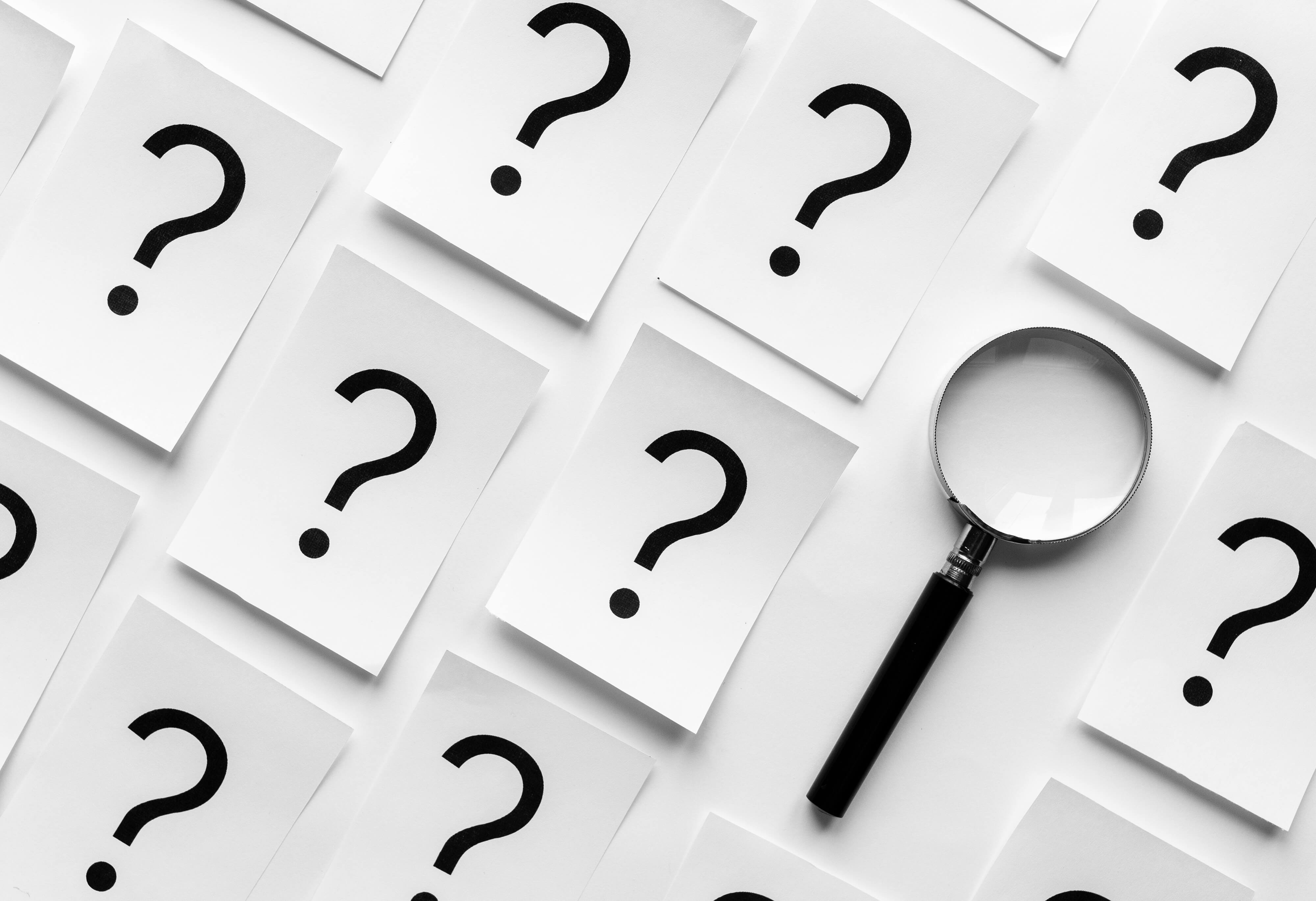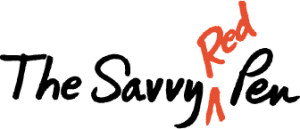We often use unnecessary words to explain ideas. We delay or bury our main points and sometimes surround our concepts with words that just take up space. Our readers may become distracted, confused, and frustrated by this clutter. They may even stop reading altogether. And we don’t want that. These top tips to declutter your writing will help you keep your reader engaged by cutting out the fluff in your writing.
All Writers Need to Declutter—Even Me!
Years ago, I learned the importance of tight prose the hard way when I was confronted with the reality that I was annoying the heck out of my reader. As a graduate student at The University of Illinois working on my Master’s in English, I thought I was queen of the quad. After all, as an undergrad, I received all A’s on my English papers, made the Dean’s List and Phi Beta Kappa. Then one fateful day, my Women’s Studies professor, the now famous, Dr. Nina Baym, brought me to my knees. She gave me my first B- on a paper and declared my writing “marshmallow prose.” Clutter plagued my writing, and it was in dire need of a clean-up.
I was devastated and distinctly remember crying all the way home to my apartment. I couldn’t write for weeks. Instead, I cried some more, stomped, screamed, and threw up. How could I declutter my writing?
Declutter Your Writing by Cutting Unnecessary Words
The first great piece of advice I can offer you when it comes to decluttering your writing is to cut to the chase by getting rid of unnecessary words. Sounds pretty simple, but many writers struggle with figuring out which words aren’t needed. Luckily, there are some pretty universal rules for eliminating the fluff.
Really, Very, & That—The Three Stooges of Marshmallow Prose

Mark Twain once famously said, “Substitute ‘damn’ every time you’re inclined to write ‘very;’ your editor will delete it and the writing will be just as it should be.” With limited exceptions, “very” and “really” can almost always be eliminated without negatively impacting the meaning or structure of your writing. In fact, if you find yourself relying on these two overused words, it’s a sign you need to be using stronger descriptive words. For example, use “bewitching” or “radiant” instead of “really pretty” to give your readers a fuller understanding of what you mean.
In a similar vein, get rid of “that” when it’s unnecessary. There’s no reason to use it in the following sentence: “I decided that teaching English would be my career.” The sentence’s meaning is not altered when you remove “that,” and in fact, it reads smoother and with more confidence. “I decided teaching English would be my career.”
Do Away with Excess Adjectives & Adverbs

Adjectives are words that modify nouns, while adverbs modify verbs. They’re used when the noun or verb doesn’t fully paint the picture the writer is trying to show the reader. Overuse of adjectives and nouns not only creates marshmallow prose, but it is also an indication that you need to choose more fitting nouns and verbs. In fact, Stephen King once said, “I believe the road to hell is paved with adverbs, and I will shout it from the rooftops. To put it another way, they’re like dandelions.” So, our advice to you is to weed them out.
With more than 600,000 words in the English language, I promise the right one is out there. Is the dress dark red or crimson? Is the big black dog a Doberman Pinscher or a Labrador Retriever? Sometimes we need adverbs ending in -ly, as in “The lovers ended their relationship abruptly.” But other times, a more fitting word can be used to convey a fuller picture. Rather than “The student walked slowly down the hall,” consider how much more evocative it is to say, “The student ambled down the hall.”
Delete Redundant Phrases at the Beginning of Sentences
Top offenders include “there is/are,” “here is/are,” and “it is.” Not only do these phrases slow down your prose and put your reader to sleep, but they are also almost always completely unnecessary.
Nay: There are nine dogs in the house.
Yay: Nine dogs are in the house.
Nay: Here is the best solution.
Yay: The best solution is____.
Nay: It’s challenging but rewarding to write a book.
Yay: Writing a book is challenging but rewarding.
By reworking these sentences to cut out the redundant phrases at the beginning of the sentence, we’ve also made the sentences more engaging for the reader.
Cut Unnecessary Phrases to Declutter Your Writing

Next up, unnecessary phrases. Many writers add phrases to their writing to fill up space or more closely mimic what it sounds like when we’re talking. But the beauty of writing is we can hone our words to convey a thought with more precision, more power. Cutting these overused phrases will do a lot to clean up your marshmallow prose and make your writing more impactful.
Slice Away Wordy or Redundant Phrases
Redundancy is good when it comes to building safety, not when it comes to your writing. Cut away the fluff in your writing that comes from phrases that are repetitive and wordy. Some examples, include:
- Due to the fact that (because)
- First time ever (first)
- 9 PM in the evening (9 PM)
- Month of June (June)
- Unexpected surprise (surprise)
- At this point in time (now or currently)
- Small in size (small)
You may be shocked to discover some of your favorite turns of phrase are included on this much longer list of common redundancies. Writers also include phrases that add no meaning to the prose. For example, “currently” is always redundant. As is “in order to.” Rather than saying “I am going to take a calming bath in order to get a good night’s sleep,” simply say “I am going to take a calming bath to get a good night’s sleep.”
Do Away with Clichés—Words, Phrases, & Situations
Overused and predictable, clichés are not only uninteresting, but they are ineffective at conveying a point or connecting with your reader. You want to be known for originality, right? And you certainly don’t want to be perceived as lazy. What’s more, you don’t want your reader to skip over your words.
Many examples of clichéd writing are so engrained in our everyday speech, we don’t even realize their negative effect. This is especially true in specific fields like business and journalism.
Some common clichés to avoid at all costs include (Yes, that’s a cliché, but that’s better than saying, “Avoid clichés like the plague”):
- He was like a kid in a candy store.
- Her skin was as soft as a baby’s bottom.
- Low-hanging fruit
- At the end of the day—just say “finally” or “ultimately”
- In this day and age—just say “today”
- The bottom line—just say “the core issue”
Cut Away Excessive Punctuation

One area many writers forget when it comes to cluttered writing is punctuation. Moreover, most writers don’t given punctuation much thought at all. When properly used, punctuation does not draw attention to itself, but instead breaks up prose into digestible, grammatically correct bites. Keep a keen eye on these common punctuation problems to keep your prose tight and free of fluff.
Ellipses…….
Overusing ellipses, or using them incorrectly, can be particularly annoying. Some people even think using them is a cop-out.
Dot-dot-dot (. . .). That’s it. Use three dots—not four or ten, for that matter. Ellipses are used for omission of a thought or to show a pause or break in thought.
Exclamation Marks & Question Marks
Writers often use repeated exclamation or question marks to strengthen the thought or emotion, but this doesn’t actually make a comment any more emotional. Rather than saying, “I have to get to work on time!!!” simply say, “Just get there on time!”
Similarly, multiple question marks don’t make a question any more important. Am I making myself clear??? No. Simply say, “Am I making myself clear?”
The worst offense is combining these end marks in a long string of redundant fluff. “Did he really just fire me??!!??” Simply use a question mark. Your prose will be more impactful, and you’ll come off as a more polished writer.
Grab your cutting tools—scissors, knife, eraser, or the delete button—and get to it. You’ll feel lighter as you declutter your writing, and you’ll avoid being accused of writing “marshmallow prose.”
Want more writing tips like these? Subscribe to The Savvy Red Pen Blog! We also offer a full suite of editorial services. Contact us today to discover how we can help you!

